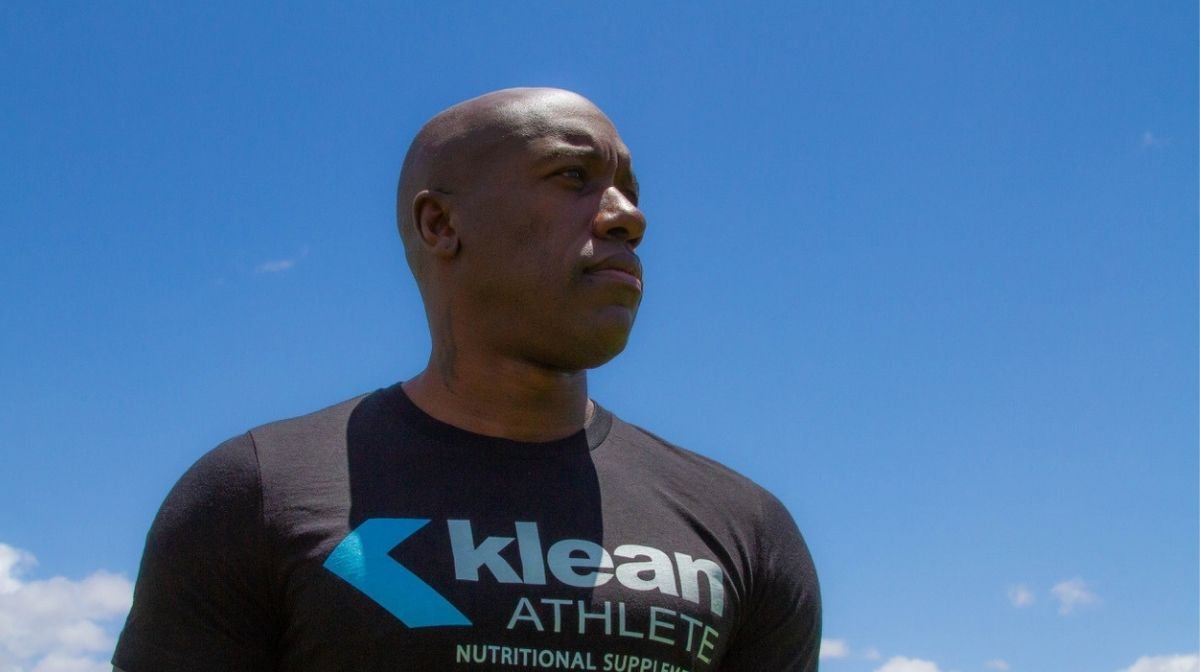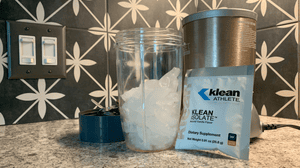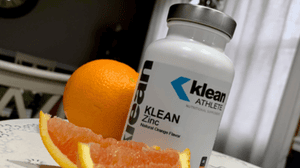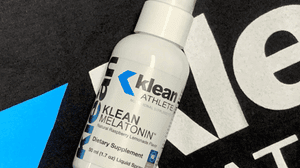

Whether you’re a seasoned runner or an athlete looking for a new challenge, running a marathon can be the ultimate achievement.
Preparing for a marathon takes a lot of determination, strength, endurance, mental resilience, and, most importantly, nutrition and physical training.
Regardless of whether you want to hit a new PB, finish within a certain time, or simply cross that finish line, we’ve put together a marathon training guide to help get you running down the right path.
How Long Is a Marathon?
26.2 miles or 42.2 kilometers.
How Long Does It Take to Run a Marathon?
World-class athletes that are well trained in long distance running can complete a marathon in under 3 hours. On average, most runners complete a marathon within 4 to 5 hours.
For some, it is not about the time you complete a marathon in, but the accomplishment of crossing that finish line.

What Skills Does Marathon Running Require?
Anyone can run a marathon if they put their mind to it. It requires a lot of dedicated training to help avoid the risk of injury, as well as fueling your body with the right nutrition so that you can take on the full 26.2 miles.
The key (and most obvious!) physical skill required is running – but it’s equally important to establish skills in focus and endurance.
The mental resilience to get through a 26.2-mile run can be overwhelming. You’ll need to train your mind to think positively and maintain the mental strength to deal with challenges, setbacks and, of course, your successes too. Learn more on how to build mental resilience for your training here:

How to Build Mental Resilience for Success
Discover tips on positive thinking and building mental resilience as an athlete.
To support your mental game while training for a marathon, Klean Focus Supplement helps you power through. It’s specially formulated to help keep mental sharpness and clarity, so you can push your body to perform at its peak and reach those marathon training milestones each week.‡
Nutrition Rules for Marathon Runners
As well as fueling your mental game, it’s important to ensure your body is getting the correct nutrition it needs to combat a marathon.
While training for a marathon, you’ll gradually increase your distance each week. With that, your body will burn more calories than you’re used to.
Replace the energy you use with meals rich in carbohydrates, protein and healthy fats. You should eat as soon as you can post-run to help replenish your nutrient levels and help your body to recover quicker (more on that below).
It’s important to stay hydrated before, during and after your marathon training – and especially on the big day itself. Klean Hydration Powder has been designed to help replace lost fluid and electrolytes during physical activity. As dehydration can potentially impact your performance, this natural orange flavor drink supports fluid replenishment without slowing you down.‡
Recovery in Marathon Training
Don’t underestimate the importance of recovery during your marathon training! It’s vital that you give your body time to rest and recover in between running sessions to reduce the risk of injury.
You can help to fuel your recovery through sports supplements, such as Klean Recovery Protein Powder. This milk chocolate flavor powder is formed with a 4:1 ratio of carbohydrate to protein and has been specially designed to support glycogen re-synthesis and muscle protein synthesis immediately after a workout for optimal recovery.‡
Getting a good night’s sleep while training for a marathon also helps with your recovery. If you find it difficult to fall asleep quickly or feel like you aren’t getting enough quality sleep, try our raspberry-lemonade flavor Klean Melatonin spray. Providing 3mg of pure melatonin, this spray helps to support overall sleep quality and helps your body rest and recover after intense training.‡
How to Train for a Marathon
Whether you’re a beginner or a seasoned pro, there are plenty of marathon training plans available online to help you structure your training.
It is recommended to start training 16-20 weeks out from your marathon day. You’ll work to gradually increase the distance of your run each week, starting out with three sessions per week and progressing to five times a week as you settle into your training plan. Consider doing ‘easy’ runs during the weekdays, with longer runs on the weekends.
Your longest run during training should be a few weeks before the marathon day itself, as this gives your body enough time to rest and recharge before the big day.

Remember that it is perfectly okay to take walking breaks during your training and during the race itself. This helps to reduce the chances of damage and injury, helping your body to rest and continue running. Listen to your body and walk when you want to, rather than when you need to.
As an athlete who loves to consistently train, you can also consider doing low intensity exercise or cross-training, such as swimming, cycling, walking, or yoga, on your rest days.
Essential Supplements for Marathon Training
Support your training with the right sports supplements. Fueling your body with the nutrition it needs to perform at your peak will help you get through your training plan and across that finish line.‡
From whey protein powders to BCAAs, check out a selection of sports supplements that will help support your marathon training below:‡
Shop the full range of Klean Athlete Supplements.
‡These statements have not been evaluated by the Food and Drug Administration. These products are not intended to diagnose, treat, cure, or prevent any disease.








